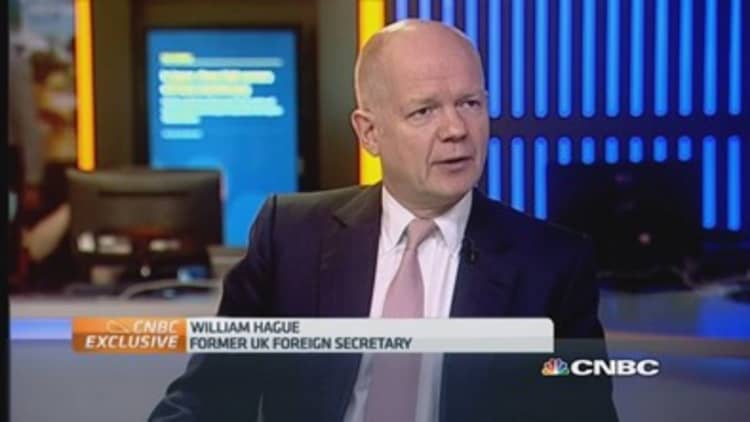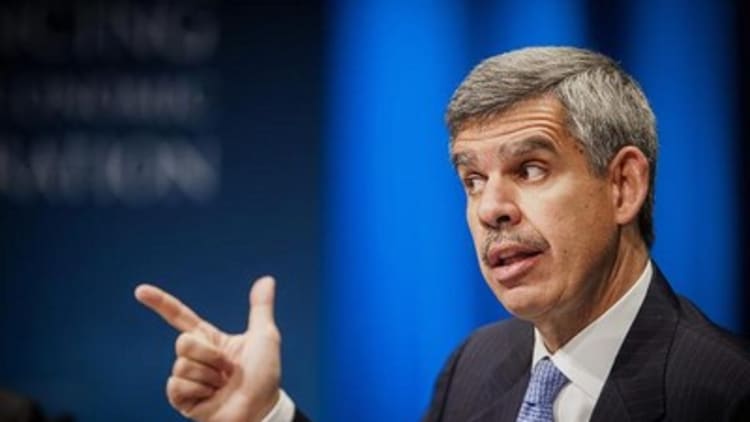Russia's ambassador to the UK was summoned to the Foreign Office on Thursday after two Russian bombers disrupted civilian air traffic over the English Channel. The RAF scrambled fighters to intercept them.
The incident is the latest increasingly tense brush with Russian aircraft in the skies above Britain and other Nato-countries' borders.
It was also one of the most serious around British airspace so far, according to Whitehall officials. Russia's ambassador, Alexander Yakovenko was last summoned by the Foreign Office in July over an incident involving the expulsion of a diplomat. He has not been called to account for increased Russian aerial activity by Britain before.
Moscow's relationship with Nato has deteriorated after European nations imposed sanctions on Russia over its military involvement in eastern Ukraine and its annexation of Crimea last year.

The two huge Russian Tu-95 bombers, known by fighter pilots as bears, flew across one of the busiest civilian flightpaths in Europe and had their transponders turned off, meaning that they could only be detected by radar and would have been invisible on regular air traffic control systems.
The UK's air traffic controller, Nats, was forced to re-route commercial flights as a result. The decision was a "precautionary measure," a government official said.
The bombers — whose distinctive outline once made them one of the most recognisable symbols of the cold war — were initially intercepted by Norwegian fighters after taking off from Russia. They flew south from Norway over the North Sea towards UK airspace, continuing down the Channel and then along France's Atlantic coast.
Military officials and politicians across Nato have become increasingly concerned about Russia's provocative aerial sorties.
Read MoreNew Russia sanctions: How far will they go?
An SAS civilian airliner taking off from Copenhagen in March narrowly avoided collision with a Russian spyplane south of Stockholm.
Nato countries saw a threefold increase in provocative Russian activity in the skies last year. In Britain, RAF fighters have had to be scrambled once a month on average since tensions with Moscow began to rise.
"Russian aircraft manoeuvres are part of an increasing pattern of out of area operations by Russian aircraft," the Foreign Office said.
Jock Lowe, a former head of flight operations at British Airways, said the incident over the Channel this week was a marked departure from the tactics of the Soviet air force at the height of the cold war.
In the 1970s and 1980s, Tu-95 long-range bombers would test UK air defence over the North Sea, often performing dummy bombing runs but they did not come as far south as the Channel.
"During the cold war the Russian bombers never came near the airways this far south," Mr Lowe said.

The rapid increase in air travel in the past 25 years means there are many more civilian airliners flying and the airways over the Channel are among the busiest in Europe, Mr Lowe added.
Despite a bulked-up Nato fighter mission in the Baltic and countries such as the UK being on a state of high alert for Russian incursions, the Kremlin has shown little indication that it will scale back its activities.
Read more from the Financial Times
EU fails to agree new Russia sanctions
Oil's fall pushes Germany into deflation
The stand-off that may sink the euro
President Vladimir Putin reinstated long-range patrols of nuclear-capable bombers in 2007 and has significantly increased the regularity and scale of their manoeuvres of late.
Rory Stewart, who chairs parliament's defense committee said this week's incident was "a symptom of a much bigger pattern which means we got Russia wrong".
"We tried to convince ourselves Russia would be comfortable as part of the European system but it has shown in Crimea and now in the Ukraine that it is positioning itself as a potential adversary and that means Nato has got to get much more serious," he said. "We need to signal we are prepared to defend ourselves. At the moment we are not signalling that."
Sculpting an adequate new doctrine of deterrence to try to combat Russian adventurism has become one of the top priorities for many Nato member states after the Ukraine crisis.
Amid shrinking government budgets across Europe, however, the appetite for increased spending on defense, or even more frequent use of existing defense assets, has remained limited.

